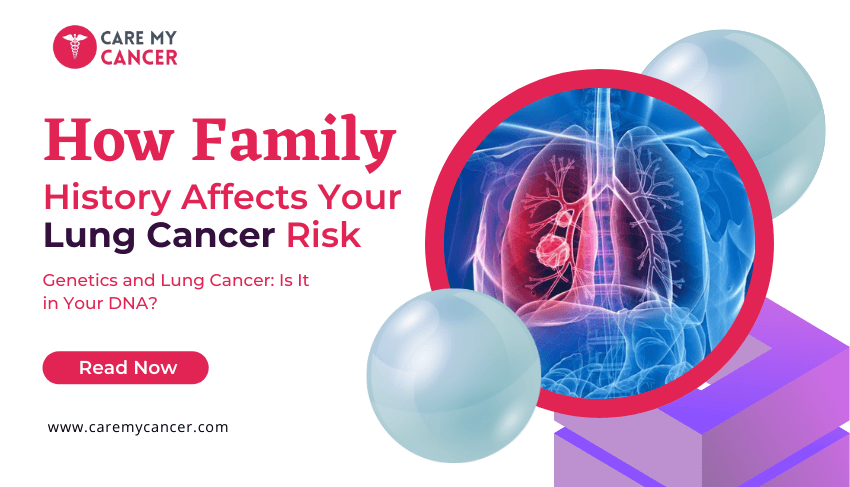When we talk about cancer risks, we often hear about smoking, pollution, or occupational hazards. But one key factor that often gets overlooked? Family history. If a close relative has had lung cancer, you might be wondering what that means for your own risk. Let’s break it down.
Genetics and Lung Cancer: Is It in Your DNA?
Lung cancer is not strictly hereditary, but genetics can play a role. Having a first-degree relative (like a parent, sibling, or child) with lung cancer can double your risk, even if you’ve never touched a cigarette. Why? It’s likely due to a combination of shared genes and environmental exposures.
Some inherited genetic mutations can make you more vulnerable to cancer. For example:
- EGFR gene mutations are more common in non-smoking Asian women and can run in families.
- Mutations in TP53, a tumor suppressor gene, may increase susceptibility to multiple cancer types, including lung cancer.
Shared Environment: Nature vs. Nurture
It’s not always about genes alone. Families often share lifestyle habits and environments:
- Secondhand smoke exposure from a parent who smokes.
- Radon gas exposure in the home (a common but under-the-radar cause of lung cancer).
- Shared diet or air quality conditions, especially in industrial or urban areas.
All these can contribute to a higher family-wide risk, making it tricky to separate genetic risk from environmental factors.
Screening Recommendations for Those With a Family History
While general guidelines for lung cancer screening focus on people aged 50–80 with a heavy smoking history, individuals with a family history may need earlier or more frequent screening—especially if the affected relative was diagnosed at a young age.
Talk to your doctor about:
- Low-dose CT scans for early detection.
- Genetic counseling, especially if multiple family members have had cancer.
What You Can Do If Lung Cancer Runs in Your Family
Even if lung cancer shows up in your family tree, there are plenty of proactive steps you can take:
- Avoid smoking (and steer clear of secondhand smoke).
- Test your home for radon.
- Stay active and eat a balanced diet rich in antioxidants.
- Know your family history—the more detailed, the better for your doctor to assess your risk.
Final Thoughts: Awareness Is Power
While a family history of lung cancer can raise your risk, it doesn’t guarantee a diagnosis. The good news? With advances in genetic testing and early detection, knowing your family history gives you an edge in staying ahead of the disease.
So if lung cancer has affected someone close to you, don’t panic—but do get informed. Understanding your personal risk can lead to smarter decisions and, ultimately, better outcomes.

